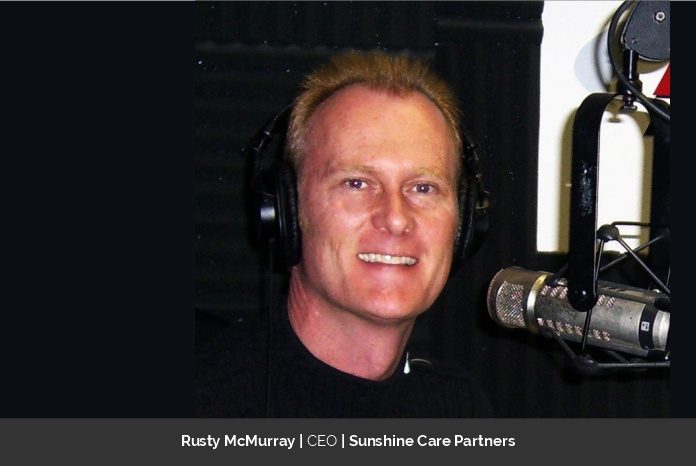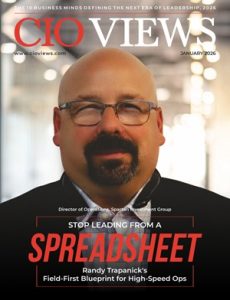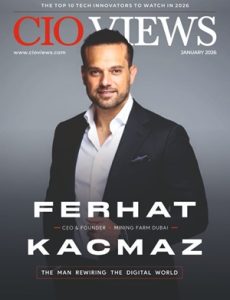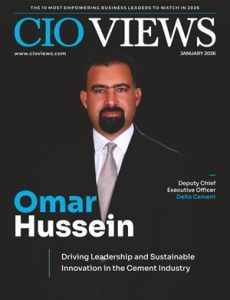Healthcare has been the last to adopt technology in healthcare delivery, but the payors will change that fact. The Federal Government, thru Medicare, forced medical providers to adopt electronic health records within their practice by penalizing and reducing reimbursements for providers for all services. These percentage withholdings have increased year after year. Today, providers refuse to adopt electronic medical records and suffer from reduced revenues on each Medicare/Medicaid service provided.
The shift from “fee for service” healthcare to value/outcomes-based healthcare reimbursement was the last step to adopt technology and analysis in healthcare. If you think it was hard to convince doctors to utilize electronic medical recordkeeping, how hard will it be to persuade practitioners to have machines tell them how to conduct medicine Extremely.
This is where the Healthcare CIO becomes the Healthcare CEO. Over the following decade, healthcare reimbursements will change. 50% of new reimbursements from insurers/payors for healthcare providers will provide preventive and chronic care management services to patients. Keep the patients out of the expensive hospitals and improve their quality of life. Of those revenues, 85% will be services provided by clinical staff, and doctors will provide only 15% of those service revenues.
A CIO’s inherent talent is to understand his/her business, the industry, new technology, and innovation in that business industry. Most importantly, relay and empathize with the organization during these important change points for a business. Yes, healthcare is a business.
COVID-19 was a pivotal point in society. It made us adopt new technologies and innovate quickly to save lives. TELEHEALTH, now virtual and augmented healthcare reimbursements, have been expanded and extended through 2023 and is expected to remain in place forever. AI has been tested and adopted throughout healthcare on a limited basis.
Healthcare anytime, anyplace, anyhow – “Healthcare As A Serve – HAAS” has taken a new meaning. As CIO’s of the past foundationally changed the banking industry from punch cards to ATM to Online Banking, and CIO’s changed the oil and gas industry with electronic data analysis and predations versus little crooked sticks, as will the CIO/CEO be foundational in the 21stCentury Healthcare model.
Who will have the best insight on building virtual clinics and hospitals? Who will best know how to implement virtual and augmented outreach? Who will understand AI? Who will best understand how to implement change the direction of large industry? Who’s department touches every staff member and every patient in a healthcare organization? Who can best relay the vision to the Board of Directors?
THE CIO.
CIO’s should NOW begin applying for Healthcare CEO positions. As healthcare company boards start to see the change in the bottom line and reimbursements, they will seek out those CIO/CEO who can best catch and keep the wave of innovation. Healthcare CIO’s have controlled large budgets, implemented new programs and initiatives. CIO’s know how to communicate with every level of staff up to the Board of Directors.
If you are not a CIO in healthcare, don’t give up hope. Now is that time too! As CIO’s move up to CEO, they will be searching for a CIO who has a history of smoothly implementing change in an industry. Remember, our role as CIO is to take the order to implement, get buy-in from staff, train, support, and monitor the implementation of new technologies. Not much different than the role of a CEO.
In healthcare, the CIO is most diverse in talent than any other C Suite member in this quick to innovate and change in reimbursement healthcare model. Dust off those resumes, get excited, and get going!

Author Rusty McMurray is CEO of Sunshine Care Partners, an adult healthcare medical practice. Sunshine Care has utilized proprietary technology and algorithms to lead the industry in post-acute discharge hospitalization reductions and has developed other innovative healthcare technologies.





